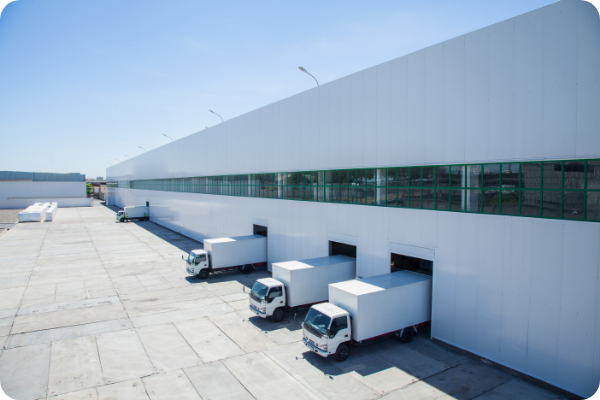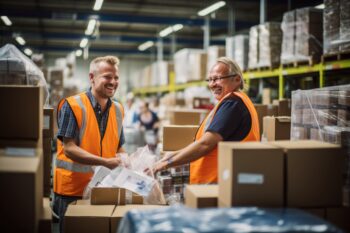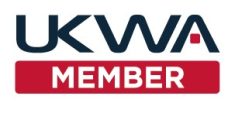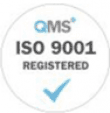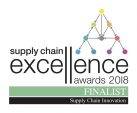How Brexit & Covid-19 has Affected Exporting Goods from UK to EU in 2022
From 1 January 2022 exports between Great Britain and the EU are subject to full customs controls. These new Government regulations, delayed since mid-2021, have added some complexity to already challenging requirements.
All firms exporting to the EU are required to complete customs declarations, while additional licensing and certification requirements may apply if exporting certain controlled goods – for example, agri-foods, plants, military and dual-use items.
To support full customs controls on goods, particularly those locations with limited space or infrastructure, the government has introduced the goods vehicle movement service (GVMS) at the key ports: Dover, Eurotunnel, Felixstowe, Harwich and Hull. We are now experiencing additional delays at customs and borders; the extra documentation needed is adding costs. The new checks are said to be taking up to 15 minutes per vehicle and contributing to queues at exit ports. Unfortunately, Brexit disruptions remain among the biggest concerns facing industry bosses for the year ahead.
The position with health checks is fluid and subject to instant change, The Government advises hauliers to check the most up-to-date COVID-19 requirements before attempting any international journey.
Food Exports
Food manufacture is one of Britain’s biggest employers and the largest single manufacturing sector, ahead of the automotive and chemical industries. The export of food products from the UK has been heavily impacted by both Brexit and COVID-19 since 2020. The Food and Drink Federation (FDF) said the sector’s exports declined by £2.7bn between January and September 2021 compared with pre-pandemic levels, a drop it blamed largely on a 24% decrease in sales to EU countries. Although there are signs of recovery, regulations are creating delays. For example, almost all plants and plant products, including fruits, vegetables, flowers and seeds, require a phytosanitary certificate before being allowed into the EU. All dairy products are regulated, including truck drivers’ own refreshments.
Dominic Goudie, the FDF’s head of international trade, said it was essential that government ministers worked constructively with the EU to improve relations, otherwise this downturn will be here to stay. Goudie continued, “it is extremely disappointing to see how badly our trade with the EU has been affected, with our smallest exporters hardest hit. It is vital that the UK government and devolved nations continue to work with industry to put in place a new model of partnership to support food and drink exporters.”
Exporting Goods to Germany
Exporting Goods to France
1.
2.
They need to present to goods for customs review and are “orange-routed”
More Changes Coming
What Businesses can do to Optimise Their Process
Familiarise yourselves with the latest regulations relating to your products; these include knowing how to classify goods correctly, preparing to make customs declarations and, how to follow health, safety and security requirements.
1.
2.
3.
If you are facing difficulties in exporting to the EU, our consultants have the expertise to explore solutions that can support your business to overcome them. We can also review existing export arrangements to identify opportunities to reduce customs charges, evaluate compliance, or assist in evaluating the best way to operate internationally. Give us a call on 01926 430 883 or complete our enquiry form.

